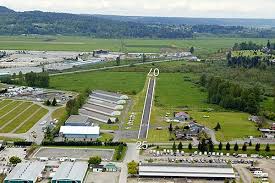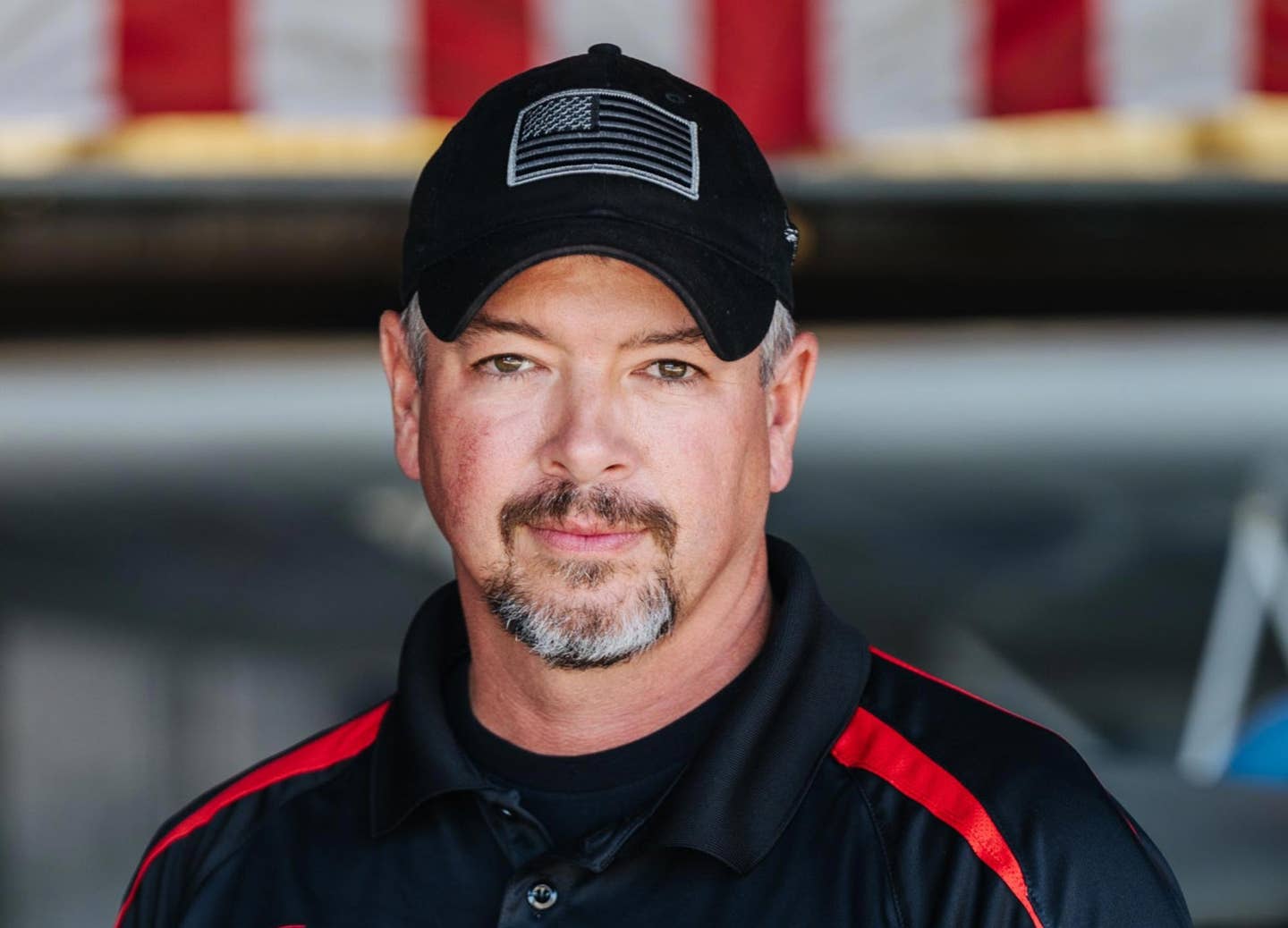Pilots, Including Local Mayor, Lament Likely Loss Of Beloved Washington Airport
First Air Field will likely make way for a new electrical utility base in a few years.

A much-need electrical utility center may soon replace a beloved private airport south of Seattle, and a local utilities manager, himself a pilot, who helped make the call says there's just no better option. Mark Flury, a pilot based at another airport, told the Seattle Times he well understands the turmoil the closure of First Air Field in Monroe, Washington, will cause, but the 36-acre parcel really is a great spot to centralize the Snohomish County Public Utility Districted electrical distribution services. Geoffrey Monroe, the city's mayor, a pilot and hangar renter at First Air Field, disagrees, but there's not much he or his council can do about it.
The utilities district is offering the family of late former owner Dr. Daryl Habich, who operated a dental office on the airport and even took fly-in appointments, $7 million for the site. For the district, the property is ideal. “The history of the site is important, but for us it’s really about finding a place that’s a good spot for our crews and a good spot for future growth for the county,” Public Utility District spokesperson Aaron Swaney told the Times. “We have to meet that growth and we have to have facilities that can do that.”
But for local pilots, life without the field just won't be the same. “Yes, it’s had a private component, but it’s also a public good,” Mayor Thomas told the Times. “A place that helps keep us connected—not a place with a 6- or 8-foot-high fence that keeps us out.” Thomas said that although the city zoning allows for the utility center, the area of the airport is tourism oriented and he's afraid a large compound of equipment storage and offices will be out of place. He said there is no doubt the facilities are needed (the area is one of the fastest growing in the state) but wishes the utility had found another spot. Fellow pilot Flury said they looked at 10 other places before settling on the airport.
Assuming the deal goes through, it will take several years to break ground on the new facility and Flury said the district will help pilots find new accommodations, but First Air will leave a hole. “I’ve made some of my best friends here learning how to work on a plane and learning how to fly,” pilot Edward Haynes said. “It’s just sad to see it go and be another forgotten-about airport that was a really special place.”






